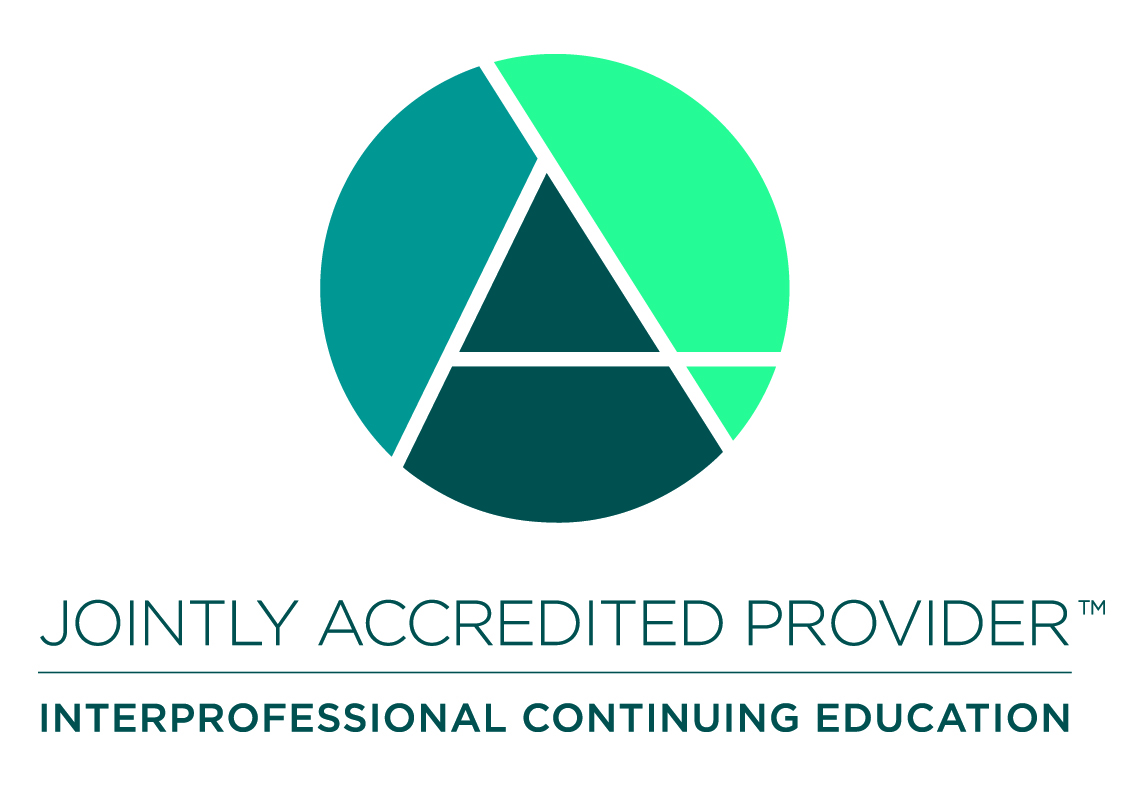
0577_EMC_Navigating Moral Distress & Compassion Fatigue: Strategies for Resilience_Live
Description:
This one-hour session will discuss moral distress and compassion fatigue within healthcare. Moral distress occurs when healthcare professionals recognize the ethically appropriate action to take but are hindered by institutional or other constraints, preventing them from acting accordingly. Moral Distress is prevalent in healthcare settings, yet many professionals lack the knowledge to identify its causes, mitigate its effects, and address the resulting burnout. By the conclusion of this session, participants will be equipped to identify instances of moral distress and develop strategies to manage these situations effectively. Additionally, they will learn to establish personal goals and self-care strategies to prevent burnout. This is crucial, as inadequate resources to address moral distress can lead to negative patient outcomes, diminished quality of care, increased medical errors, and reduced empathy toward patients.
Target Audience
Nurse, Registered (RN)
Learning Objectives
Upon completion of this learning activity, participants should be able to:
1. Identify 3 causes of moral distress in their work environment
2. Formulate an individualized plan to handle the causes of moral distress
3. Compile a list of 3 goals they will have to address the moral distress and prevent burn-out
Assembly Bills 1195 & 241- Culturally Appropriate Care which is Free of Implicit Biases:
Learners are strongly encouraged to engage in self-directed learning related to the impact of implicit biases in this clinical area via the references provided below:
SDoH:
Borges, L.M., Desai, A., Barnes, S.M., Johnson, J.P.S (2022). The role of social determinants of health in moral injury: Implications and future directions. Curr Treat Options Psych 9, 202–214 (2022). https://doi.org/10.1007/s40501-022-00272-4
Implicit Bias:
Mascaro, J.S., Florian, M.P., Ash, M.J., Palmer, P.K., Frazier, T., Condon, P., & Raison, C. (2020, October 2). Ways of Knowing Compassion: How Do We Come to Know, Understand, and Measure Compassion When We See It?. Frontiers in Psychology, 11. https://doi.org/10.3389/fpsyg.2020.547241

Disclosure of Financial or In-Kind Commercial Support & Conflict of Interest
No one involved in the planning or presentation of this educational activity have any relevant financial relationship(s) to disclose with ineligible companies whose primary business is producing, marketing, selling, re-selling, or distributing healthcare products used by or on patients. No financial or in-kind commercial support was received to produce or promote this educational activity.
– Provider Designee/Verification: Kerri Maya, MSL, RN
Rizel Lum, Rizel Lum, RN, BSN
Kimberly Windsor, RN, MSN, CCRN-K
Kimberly Windsor, RN, MSN, CCRN-K
In support of improving patient care, Sutter Health, is jointly accredited by the Accreditation Council for Continuing Medical Education (ACCME), the Accreditation Council for Pharmacy Education (ACPE), the American Nurses Credentialing Center (ANCC), and the Association of Social Work Boards (ASWB) to provide continuing education for the healthcare team.
Credit Designation Statement
Sutter Health designates this LIVE activity for a maximum of 1.00 continuing professional development contact hours for nurses. Learners should claim only the credit commensurate with the extent of their participation in the activity.
Attendance & Credit Claiming
Text the 6-letter attendance verification code to (916) 866-7913 to claim credit.
Available Credit
- 1.00 ANCC
Nursing Credit - American Nurses Credentialing Center (ANCC)
Sutter Health designates this Live activity for a maximum of 1.00 ANCC contact hour(s). Nurses should claim only the credit commensurate with the extent of their participation in the activity.
- 1.00 CA BRN
Nursing Credit - California Board of Registered Nursing (CA BRN)
This activity is approved for 1.00 contact hour(s) by Sutter Health, which is an approved provider by the California Board of Registered Nursing. (Provider Number 17182). Nurses should claim only the credit commensurate with the extent of their participation in the activity.

 Facebook
Facebook X
X LinkedIn
LinkedIn Forward
Forward